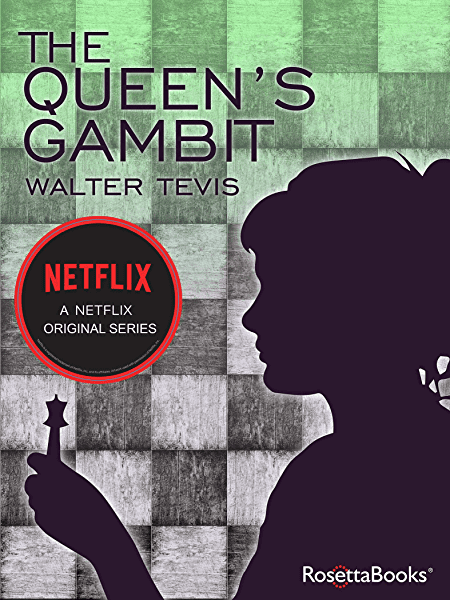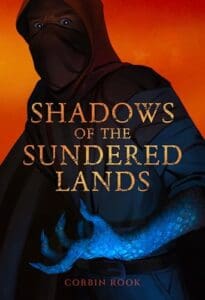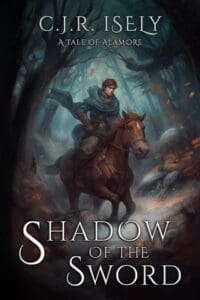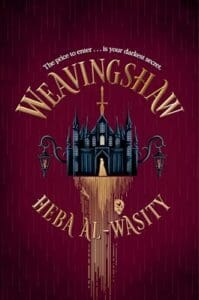My Rating: 7.5/10
Synopsis:
Eight-year-old orphan Beth Harmon is quiet, sullen, and by all appearances unremarkable. That is, until she plays her first game of chess. Her senses grow sharper, her thinking clearer, and for the first time in her life she feels herself fully in control. By the age of 16, she’s competing for the US Open championship. But as Beth hones her skills on the professional circuit, the stakes get higher, her isolation grows more frightening, and the thought of escape becomes all the more tempting.
Review:
“It’s an entire world of just 64 squares. I feel safe in it. I can control it; I can dominate it. And it’s predictable. So, if I get hurt, I only have myself to blame.”
The Queen’s Gambit is a stunning show of genius, capable of entertaining people without any knowledge of chess. I’ve dabbled in chess but can’t claim even the lowly title of novice, and still found myself captivated. This novel is partially a love letter to the game of chess, but also a coming-of-age story and a cautionary tale against squandering talent with drugs and alcohol.
Beth is a whip-smart orphan that will nestle her way into your heart, even at the frustrating moments when she’s making a blunder of her life. The horrifying practice of orphanages supplying their wards with medications to make them more compliant starts Beth off on the rocky road of addiction, one that she fights constantly throughout the novel. I think this was a veracious look at how genius is often accompanied by trials, as many people of superior intellect struggle with addiction and setbacks due to an elevated consciousness that they are attempting to numb. There’s a loneliness that comes with genius abilities and that is heightened even more so when an intelligent child’s upbringing is filled with too much sorrow and too little love. Beth will either overcome those trials, or fall victim to the wasteland of squandered potential. You will find yourself rooting for Beth, but you’re never quite sure which route the story will take. The way she plays chess is not only a way of art, but a grasp for control in her life.
There’s a bit of the “found family” trope in this novel, as well. Beth eventually gets adopted and from here, the story really takes off. Beth and her adopted mother forge a unique relationship, one that is equally heartwarming and heartbreaking. While Beth finds the love that her life has been lacking, she also takes on even more of an adult role, providing for her emotionally stunted mother. Beth also makes friends in the competitive chess world. I wouldn’t say that all of the people that find themselves in Beth’s life are likeable. In fact, I’d say that majority of them were severely flawed, but they added to the book’s complexity.
This novel also tackles the disdain of women who show a sign of superior intellect. Beth fights hard to be taken seriously. She has the double misfortune during this time to be extremely young AND female. Beth breaks through the glass ceiling of sexism and ageism in the chess world. At multiple points, there’s tournaments that she has to turn to the help of some male friends to successfully compete. While I would have liked to see her kick butt by herself, letting go of control and accepting help is something that Beth needs to learn to live a healthy life. I think it is equally important to the time period to have these men accept her brilliance with open arms, especially in the face of other male chess players that aren’t as likely to do so.
“Listening to the two of them, she had felt something unpleasant and familiar: the sense that chess was a thing between men, and she was an outsider. She hated the feeling.”
One of my grievances with this novel was the usage of a slur that shouldn’t have had a place in the novel. Obviously, the author wrote this in a slightly different time, but that doesn’t excuse the usage. Beth admits that she ignorantly used it in retaliation because her birth mother spoke like that, and that’s worth noting, but seeing a slur fully printed out in a novel will never get less jarring to me or offensive to the group of people it is directed towards. There’s also a molestation between a child and a preteen, which I’m sure isn’t uncommon at orphanages, but it is pretty much swept under the rug. I don’t think either of these devices actually provided anything of use to the overall story, so they’re just crude and disappointing additions.
Despite the brilliance of this novel, I have an inkling that I will enjoy the show just a smidge more than the book. Why? I am a visual person when it comes to games. I find watching chess a bit more exciting than reading about the theory of chess. The author did a good job of conveying the palpable tension of a high-stakes chess game, but it is still something I would rather experience by watching. This is obviously a personal preference and there’s a lot of storyline besides just the theory of chess that kept me entertained.
“She was alone, and she liked it. It was the way she had learned everything important in her life.”
Overall, this is a fulfilling tale of loss, grief, addiction, intelligence, and conquest. Beth’s harrowing experiences and genius aptitude for chess amount to an amazing, unforgettable story. Now, off to see if the show is as good as people say!





This review beautifully captures the essence of “The Queen’s Gambit.” Beth Harmon’s journey from a quiet, sullen orphan to a chess prodigy is not just a story about the game but a profound exploration of genius, addiction, and the pursuit of control. The reviewer aptly points out the challenges Beth faces, not just in the chess world but in a society that struggles to accept the brilliance of a young woman.